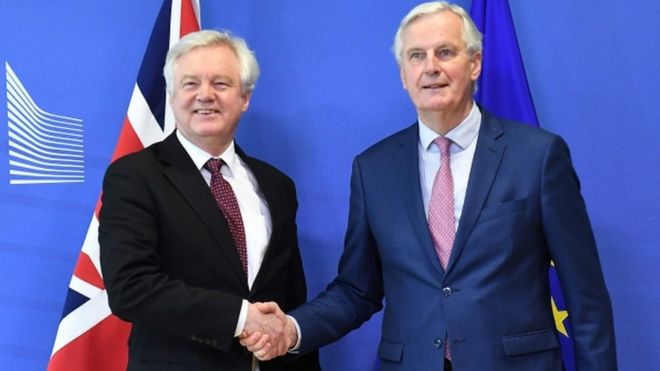- 10 Mar 2018 00:35
#14894934
Cameron is the one that campaigned for Brexit. He said that unless the EU gives the UK a great deal about removing the rights of EU citizens in Britain he would tell the British people that it's better to leave, after negotiations, the EU did give Britain the right to change the welfare benefits of EU citizens which up to that point were considered equal to British citizens -and thankfully still are due to Britain refusing the deal- but when Cameron came out the negotiations he said: "EU deal not good enough"* clearly nodding for Brexit, that was the tipping point which gave the green-light to all his centrist crowd to either vote for Brexit or ignore it altogether. Corbyn had not become heard enough because the centrist crowd & press was ignoring his very existence at the time, now he is also to blame for their indifference which reached hubristic levels and hence the nemesis.
*"EU deal not good enough" are words that he would have said regardless, they are words that the British are simply accustomed to hearing and need to hear every time there is any conversation with Europe so the politicians give them that indulgence.
*"EU deal not good enough" are words that he would have said regardless, they are words that the British are simply accustomed to hearing and need to hear every time there is any conversation with Europe so the politicians give them that indulgence.
EN EL ED EM ON

...take your common sense with you, and leave your prejudices behind...

...take your common sense with you, and leave your prejudices behind...
























 - By Rich
- By Rich